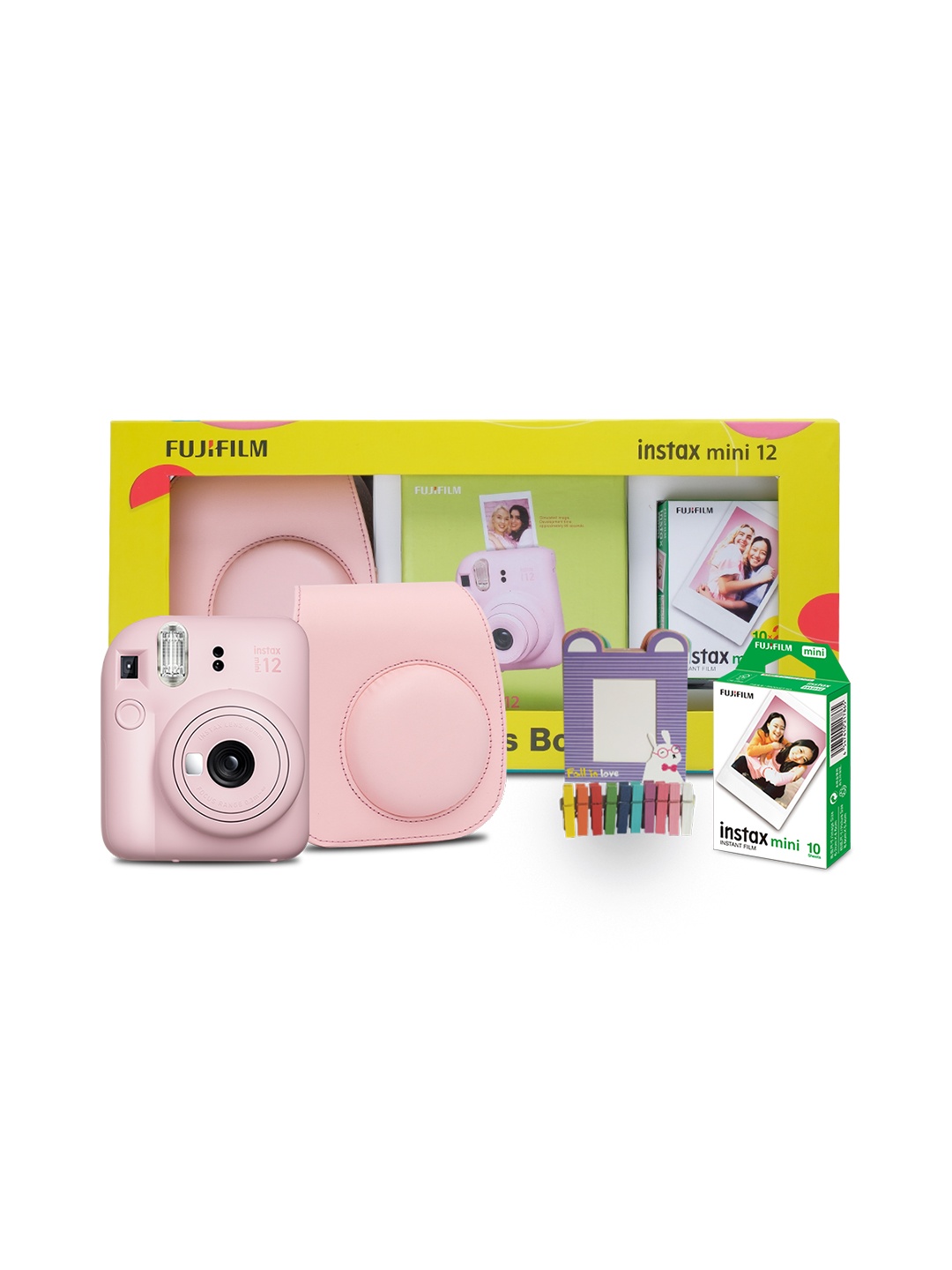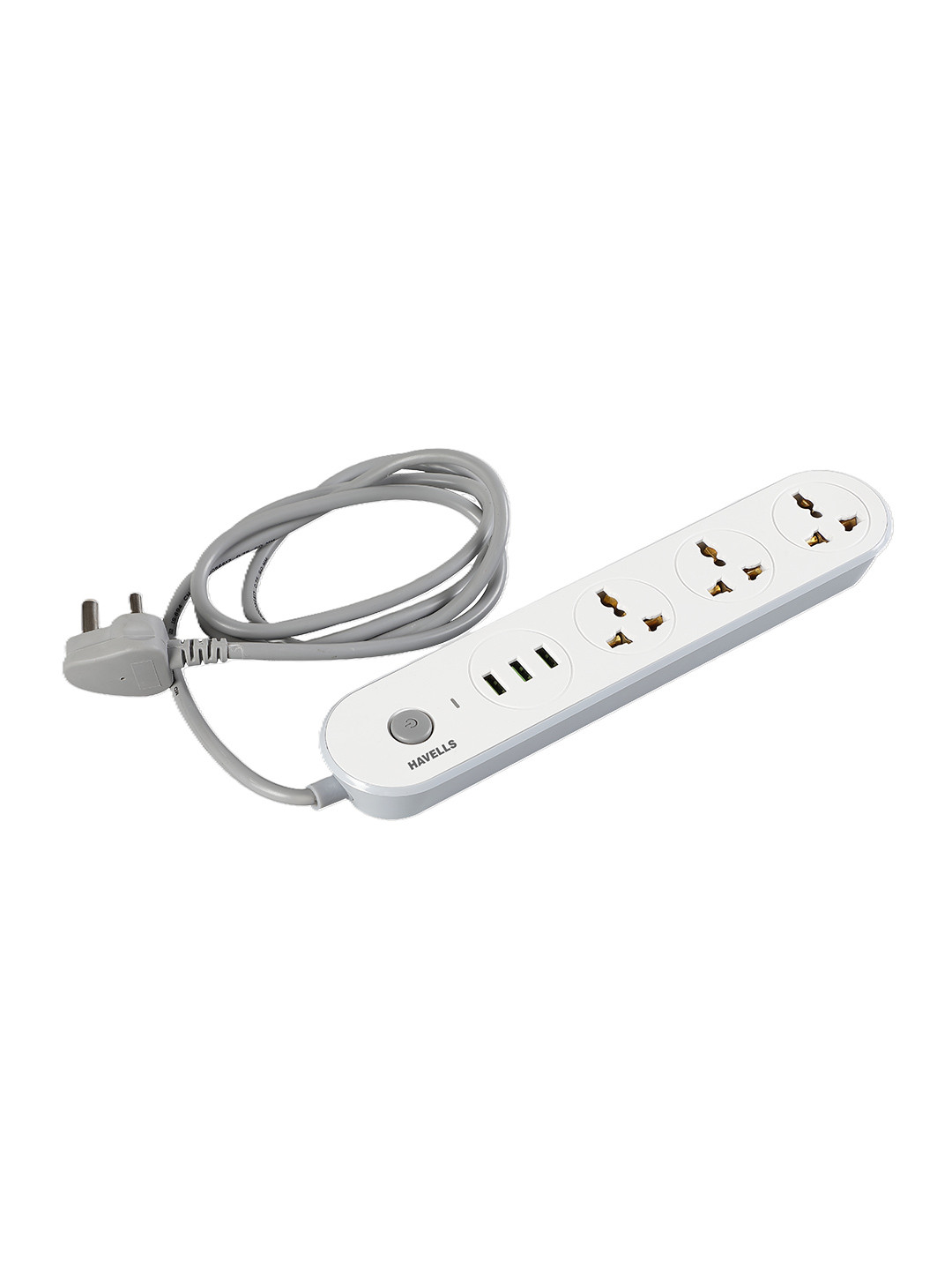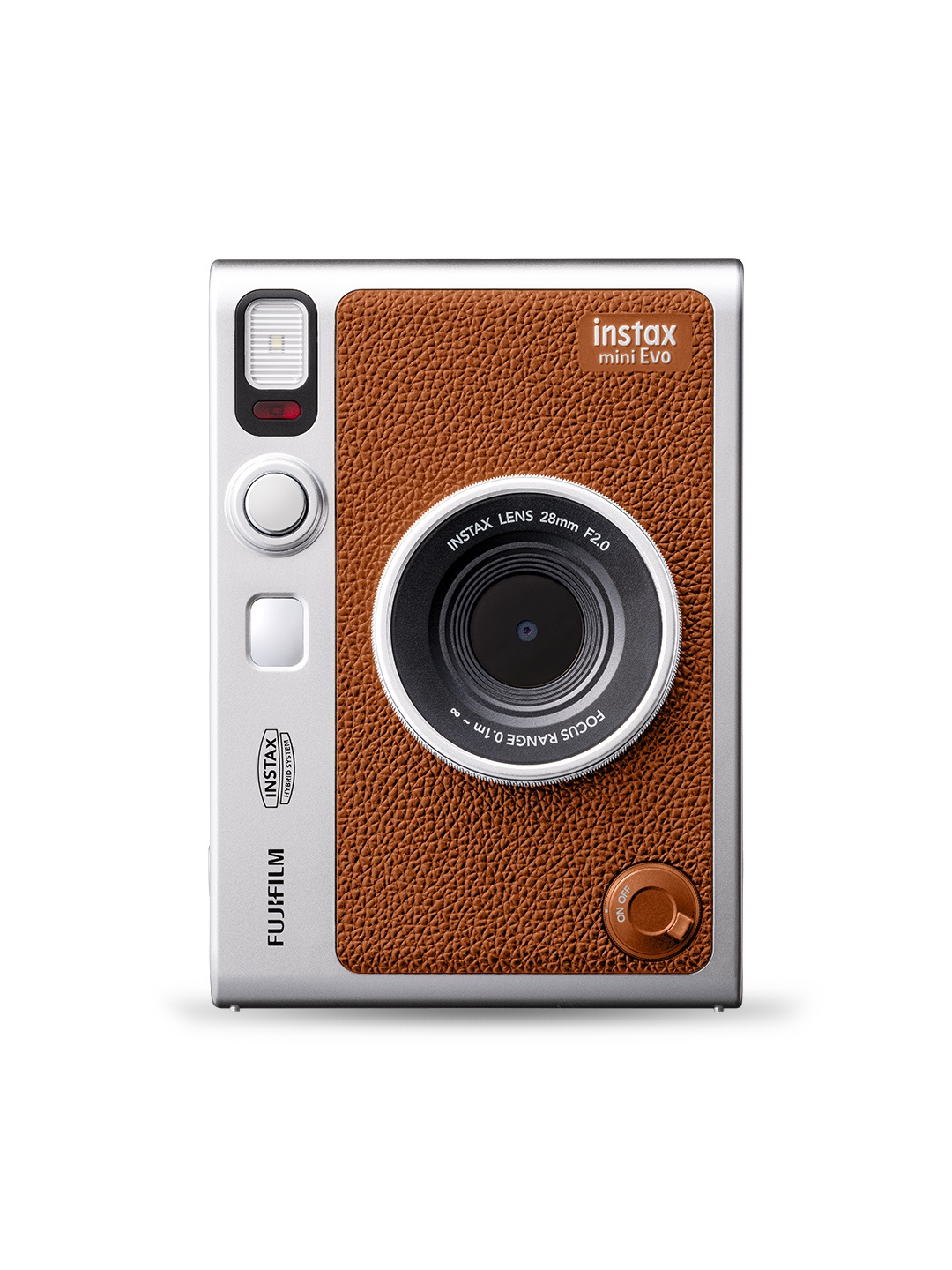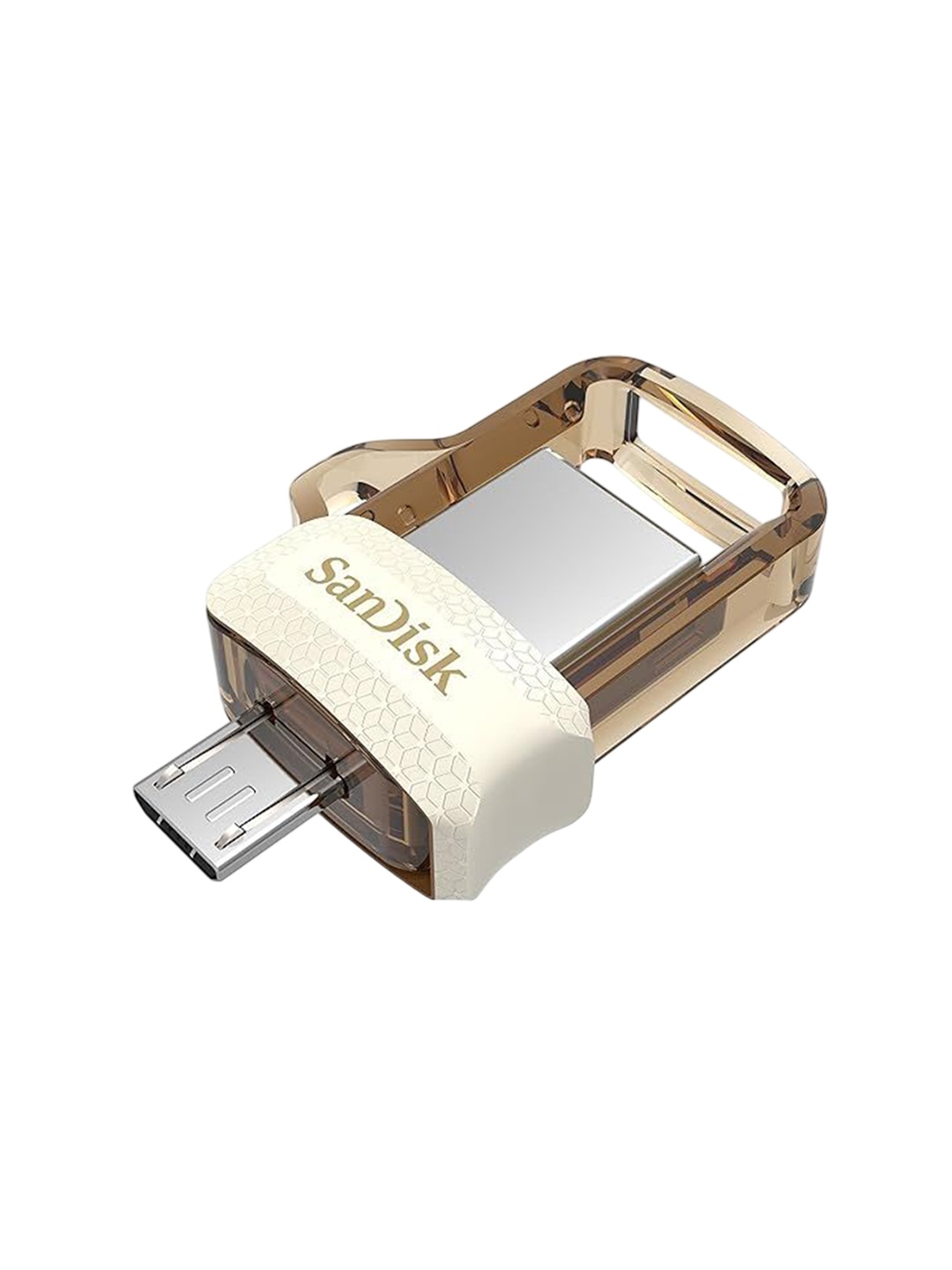How To Find the Perfect Sewing Machine For Your Skill Level: A Beginner’s Guide
Picking the right sewing machine can be a daunting task for beginners. Whether you’re looking to craft your first quilt or make some simple alterations, this guide will help you navigate the world of sewing machines and help you find the perfect one.

Finding The Perfect Sewing Machine: A Complete Beginners Guide
Sewing, the magical world where fabric transforms into something beautiful with the hum of a machine and the flick of a needle. The joy of creating something from scratch is something many long to experience, but the first step can be overwhelming: choosing the right sewing machine. Whether you're someone who has always dreamed of sewing your clothes or simply want to repair your favourite pair of jeans, finding the right sewing machine is key to a smooth and enjoyable journey. And let's face it, getting the wrong machine can quickly turn the dream of becoming a sewing pro into a frustrating mess of tangled threads and broken needles.
But fear not, choosing the perfect machine isn't as hard as it seems. In this guide, we'll walk through how to select the right sewing machine based on your skill level, ensuring your sewing adventures begin on the right note.
1. Assessing Your Sewing Needs: What Are You Going to Sew?
Before diving into the world of sewing machines, it's important to take a step back and assess your sewing needs. What do you want to make? Are you planning on creating intricate garments, repairing a few holes in your clothes, or perhaps making home décor like cushions and curtains?
For beginners, it's best to start small, focusing on basic repairs and simple projects. If you plan to tackle straightforward tasks, then a simple mechanical machine might be the best fit. However, if you have more ambitious ideas, like tackling sewing patterns, garments, or even quilting, then you may want a more feature-rich machine that can handle these demands.
Understanding what kind of projects you'll be working on will guide you in making the right decision. It's easy to get swept away by the allure of a machine with all the bells and whistles, but starting with the basics will keep things manageable as you ease into the world of sewing.
2. Mechanical vs. Electronic: Understanding the Basics
When shopping for your first sewing machine, one of the first decisions you'll need to make is whether to go for a mechanical or an electronic machine. Here's where things can get a little tricky.
Mechanical sewing machines are simple, manual machines that offer the basics: straight stitch, zigzag, and a few other utility stitches. They're usually lightweight, affordable, and easy to maintain. For beginners, a mechanical machine offers fewer options, which can be a good thing: less confusion, fewer distractions, and a solid introduction to sewing.
On the other hand, electronic machines come with a variety of built-in features, such as automatic stitch selection, speed control, and sometimes even embroidery functions. These machines tend to be more expensive but offer greater versatility. They're perfect if you plan to tackle more complex projects or if you think you'll quickly grow out of a basic machine.
For someone just starting, consider what you want out of your sewing machine. If you're looking for simplicity and affordability, a mechanical machine may be your best option. If you're planning to sew regularly and want something that grows with you, then an electronic machine might be worth the extra investment.
Also Read: Top 10 Flipkart Deals On Electric Sewing Machines: Singer, USHA, Akiara, RED GEM And More
3. Features You Need: Stitch Types and Additional Functions
When choosing a sewing machine, the number of stitch types available can be a dealbreaker for many. At the basic level, most sewing machines come with a handful of essential stitches, like straight stitch, zigzag, and a few decorative ones.
For beginners, mastering the straight stitch and zigzag stitch is key. These basic stitches are versatile and can be used for most tasks, from hemming pants to sewing up a pillowcase. But as you progress, you might want to explore more advanced options, such as stretch stitches (ideal for knit fabrics), buttonholes, and embroidery stitches. Electronic machines tend to have more stitch options, and some can even auto-adjust settings for you.
Another function worth considering is the automatic needle threader. For those with a little bit of patience, threading a needle is a small challenge. But for anyone who struggles with vision or dexterity, an automatic needle threader can be a game-changer.
Other handy features include adjustable stitch length and width, built-in buttonhole capabilities, and a free arm for sewing cylindrical pieces like sleeves and cuffs. These features may seem like luxuries at first, but they make sewing easier and more enjoyable as you grow in skill.
4. Budgeting for Your Sewing Machine: How Much to Spend?
When it comes to choosing a sewing machine, your budget plays a big role in narrowing down your options. But remember, you don't need to splurge on the fanciest model right off the bat, especially if you're just starting.
Beginner machines usually start at around ₹6,000 and can go up to ₹20,000 or more, depending on the features. For most beginners, it's advisable to look for a machine in the ₹8,000 to ₹15,000 range. This price point typically offers a good balance of quality and features without breaking the bank.
While it might be tempting to opt for the cheapest option, it's important to remember that a good sewing machine can be an investment that will last for years. Skimping on quality now might save you money in the short term, but you might end up with a machine that frustrates you in the long run.
On the other hand, overspending on features you don't need might be a waste of money. Focus on finding a sewing machine that fits your skill level and sewing aspirations, and don't feel pressured to go for the most expensive model.
5. The Importance of Durability: A Long-Term Investment
Sewing machines are built to last, or at least, they should be. As a beginner, the last thing you want is to invest in a machine that breaks down after a few uses. While some machines are built with longevity in mind, others are more fragile and prone to issues.
Durability is particularly important if you plan on using your sewing machine regularly. While it may be tempting to go for a lightweight, budget option, consider whether it will be able to handle the demands of your projects. Opt for machines with sturdy metal parts instead of cheap plastic components.
It's also worth checking user reviews and asking around for recommendations. Most experienced sewists will have some input on which brands and models stand the test of time. Investing in a durable machine now could save you from the hassle of replacing a faulty one shortly.
6. Ease of Use: Making Your Learning Curve Smoother
As a beginner, you'll want a sewing machine that's easy to set up and use. No one wants to spend hours deciphering a complicated user manual before they can even get started.
Look for machines with intuitive controls and a clear instruction manual. Some models offer helpful diagrams or even online video tutorials to guide you through setup and common issues. The best machines for beginners will allow you to start sewing right away without much fuss.
Additionally, machines with a built-in stitch guide are incredibly useful. These machines tell you exactly which settings to use for each stitch, making it easier to master sewing basics and experiment with new techniques without worrying about making mistakes.
Also, consider the weight of the machine. While heavier machines tend to be more stable and durable, a lighter machine is easier to carry and store, a key consideration if you don't have a dedicated sewing space.
7. Brand Reliability and After-Sales Service
Choosing a reputable brand is another crucial factor to consider when purchasing a sewing machine. Well-known brands such as Singer, Brother, and Janome have built solid reputations over the years for their reliable products and excellent after-sales service.
Having access to good customer service is essential, especially if you encounter issues or need replacement parts. Some brands offer longer warranties, while others have local service centres, which is incredibly helpful if your machine needs maintenance or repair.
Do a little research before buying and check if there are authorised service centres near you. A machine with reliable customer service will give you peace of mind, knowing that help is just a call away should anything go wrong.
8. Reviews and Recommendations: Don't Forget to Ask Around
When in doubt, don't be afraid to ask for advice. Sewing enthusiasts, whether online or offline, are often more than happy to share their experiences and recommendations. Checking online reviews can give you a good idea of how a machine performs in real-world scenarios, and many sewists are quick to point out the pros and cons of various models.
Another great resource is local sewing communities, such as Facebook groups or online forums. Experienced sewists often share their thoughts on which machines work best for beginners and which are better suited for more advanced users.
Hearing from people who have already walked the path you're about to take can save you time, money, and a lot of frustration. So, take advantage of this collective wisdom before making your final decision.
Products Related To This Article On Flipkart
1. Singer Solo Unit Pack Manual Sewing Machine
2. RED GEM Composite machine Black Manual Sewing Machine
3. USHA Anand Composite H Manual Sewing Machine
4. Rilson SPECIAL MOTORIZED LINK MODEL SEWING MACHINE WITH WOODEN BASE AND REGULATOR Electric Sewing Machine
5. Singer Solo Supreme Unit Pack,1000 SPM, DSBB(Double Sealed Ball Bearings) Manual Sewing Machine
6. USHA CRAFT MASTER DELUX Industrial Manual Sewing Machine
7. Singer FM 2250 Electric Sewing Machine
8. USHA Allure DLX Electric Sewing Machine
Finding the perfect sewing machine for your skill level doesn't have to be a stressful or overwhelming process. By understanding your needs, considering your budget, and weighing factors like ease of use and durability, you'll be well on your way to making an informed decision. Remember, sewing is meant to be fun, not frustrating. By choosing the right machine, you're setting yourself up for success and ensuring your sewing journey is filled with creativity, joy, and plenty of projects to be proud of. So, take a deep breath, trust your instincts, and start stitching!
Disclaimer: The images used in this article are for illustration purpose only. They may not be an exact representation of the products, categories and brands listed in this article.




























